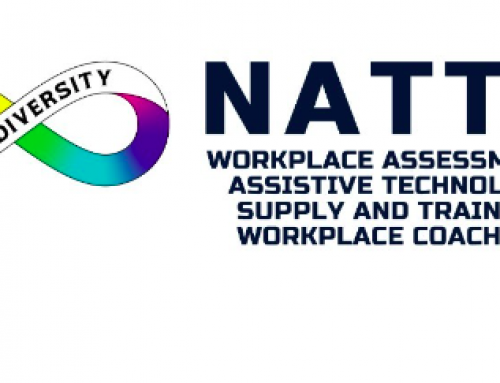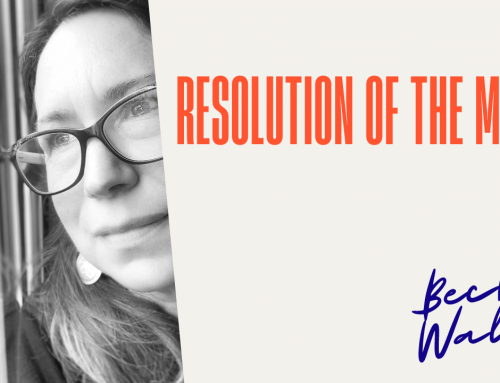Saying no is often difficult, but when we say yes when we want to say no it can have some unpleasant consequences. We can feel trapped, not understood, we can build resentment and find ourselves under even more pressure. We are also building a false impression of ourselves. We might think at work looking like you have more capacity then you have is a good thing, but you will then be constantly pushed to that maximum and at some point you will have to say no. Then people wonder what happened to you and think that you have lost your game. Explaining with real evidence and without dramatising can win you more respect. Even in friendships, I prefer a friend who does what they say they will then one who will let me down at the last moment.
However what happens when you don’t have a justifiable reason to say no? When the knowing comes from intuition you can’t explain why you need to say no. This often results in saying yes as we simply feel we can’t say no. Not following your intuition can make you feel all of the feelings we mentioned, but also a drop in self-esteem when we realise that we need to trust ourselves more.
When we intuitively feel we don’t want to do something, we require the logical mind to tell us why. Often logic doesn’t know, as logic is not emotional, intuition reacts best with emotions, so our logic mind finds it hard to believe our intuition. Practice makes perfect, so we can feel grateful for every time we think ‘I knew I should have said no’ as hopefully that will allow you to trust your intuition on perhaps more important things in the future.
Intuition is a valuable part of our self-awareness, being aware of what you want, what you don’t and being clear is a vital part of being the best human you can be. It is far better to be honest then blow bubbles of resentment through your nose in science.





